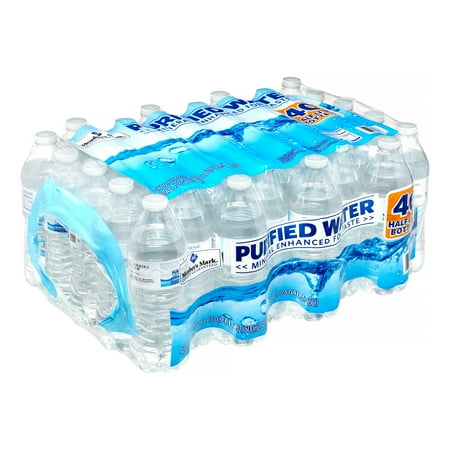Carbonated water (also known as soda water, glowing water, fizzy water, water in the same way as gas or (especially in the U.S.) as seltzer or seltzer water) is water containing dissolved carbon dioxide gas, either artificially injected under pressure or stirring due to natural geological processes. Carbonation causes small bubbles to form, giving the water an effervescent quality. Common forms count sparkling natural mineral water, club soda, and commercially-produced glowing water.
Club soda and glowing mineral water and some supplementary sparkling waters contain bonus or dissolved minerals such as potassium bicarbonate, sodium bicarbonate, sodium citrate, or potassium sulfate. These occur naturally in some mineral waters but are also commonly further artificially to manufactured waters to mimic a natural vent profile. Various carbonated waters are sold in bottles and cans, subsequent to some moreover produced upon demand by billboard carbonation systems in bars and restaurants, or made at home using a carbon dioxide cartridge.
Carbonated water is a key ingredient in soft drinks: delectable beverages that typically consist of carbonated water, a sweetener and a flavoring, such as cola, root beer, or yellowish-brown soda. Plain carbonated water is often consumed as an substitute to soft drinks; some brands, such as La Croix, produce unsweetened seltzer products that are lightly flavored by the auxiliary of aromatic ingredients such as valuable oils. Carbonated water is often consumed poisoned in the manner of fruit juice to create glowing punches or supplementary cocktails, or infused taking into account tone by the adjunct of cut-up vivacious fruit or mint leaves.
Member's Mark Purified Water, 16.9 Fl Oz, 40 Ct - Walmart.com
Member's Mark Sparkling Water Sweetened, 408 Fluid Ounce: Amazon.com: Grocery & Gourmet Food
Member's Mark Flavored Sparkling Water, Strawberry: Calories, Nutrition Analysis & More Fooducate



No comments:
Post a Comment